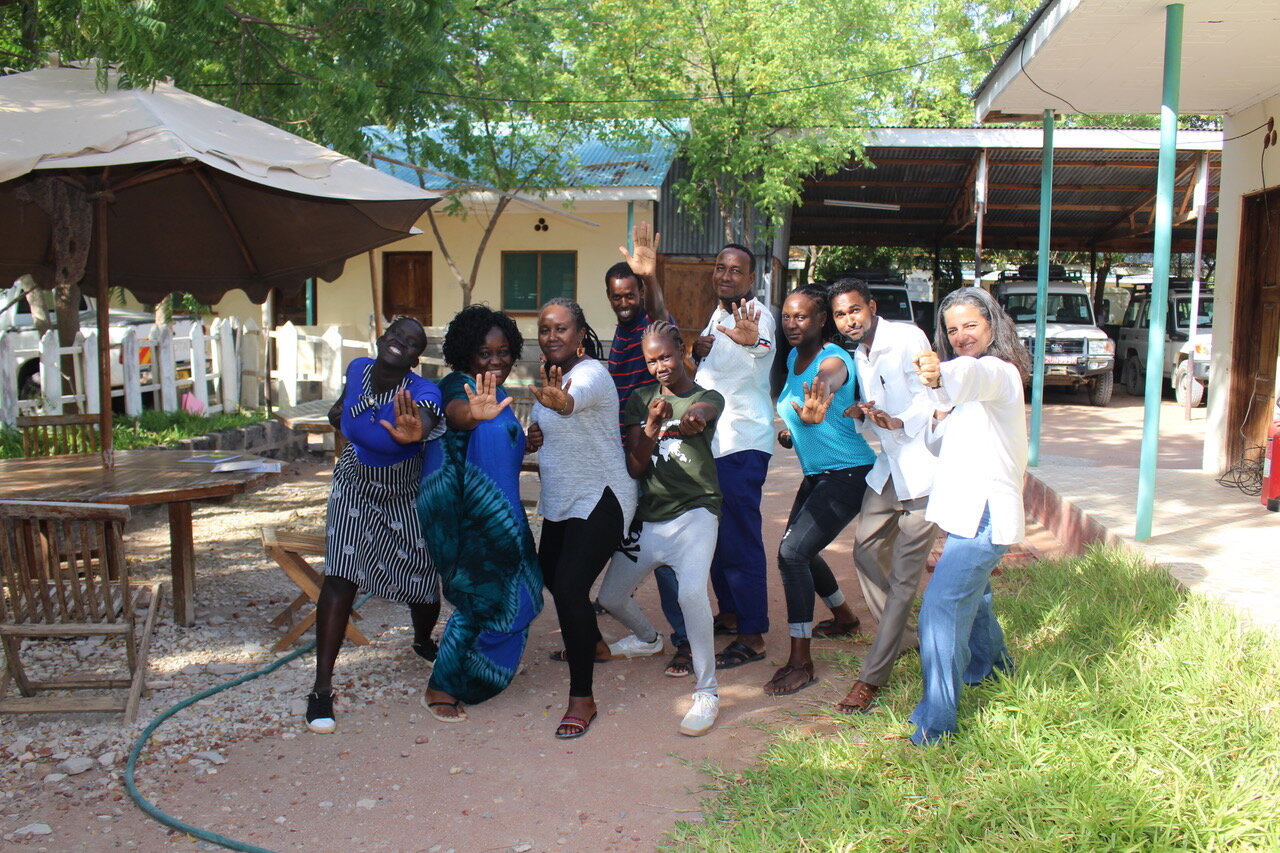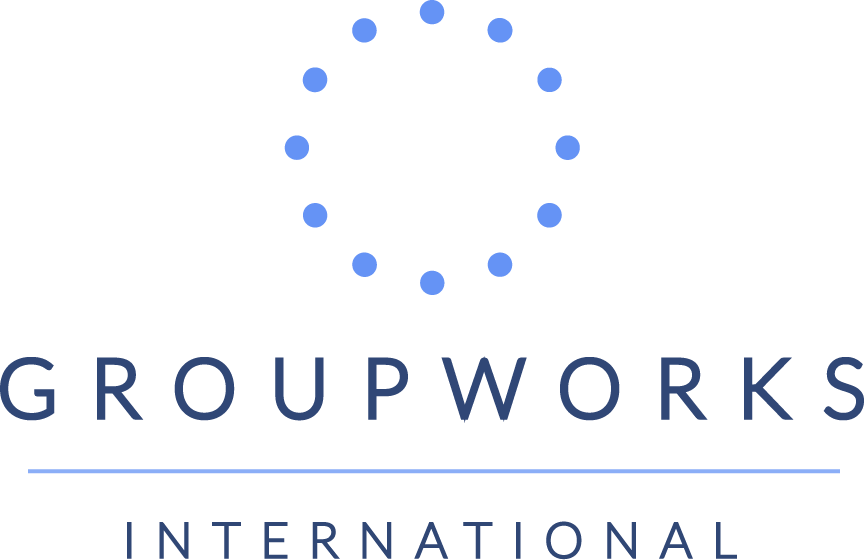Our process
Our work provides a much-needed and often ignored space for frontline workers to rethink their own practice, to engage in work on themselves and their emotions and to become aware of the impact their commitment to their work has on them, and as a consequence, on the organisations in which they work.
Our working methodology combines projective techniques, which are essential for work on the self, with techniques of group dynamics, essential for work on the group.
Fundamentally, however, the learning is experiential, such that participants actively engage with the psychological material they themselves bring to the group, and become integral to the workings of the process rather than being passive recipients of tools and techniques.
We provide a therapeutic space for workers to begin to take their own needs seriously, and develop long-term strategies for supporting each other that become part of organisational practice, of peer support and supervision. Ultimately, this way of working can counter burnout and vicarious trauma, improving workers’ mental health and enhancing effective care.
The basic aim of our work is to create and maintain a supportive, therapeutic group environment, building the confidence of participants to talk about the realities of their work and its impact on their own lives, creating a place of safety in which they can share their own suffering. Through sharing their practices as well as their emotions in the group, participants realise the commonalities of their feelings and experiences and build a mutually reinforcing environment of support.
Working together in a group rather than in an individual setting allows participants to see that trauma impacts all staff members indiscriminately. This burgeoning reality fosters empathy between group members and nurtures a growing understanding within the team that the expression of vulnerability constitutes strength rather than weakness or lack of professionalism. The facilitation of the group by external supervisors allows participants to openly disclose the impacts of trauma on both the personal and the work level without risk of disapproval or fear of censure.
In addition, where applicable, the training also enables participants to facilitate specialist therapeutic groups with their own beneficiaries - addressing traumatic experiences, promoting social justice, empowerment and growing resilience. The training thus supports the development of the necessary skills and understanding to conduct such groups with a greater knowledge of group dynamics, trauma-informed practice and intercultural sensitivity.
Our Training & Supervision Programme
Beginnings
Introduction to the training and supervision programme
Gaining a sense of needs, expectations and concerns
Negotiating Group Rules
Exploring context
Examining the social, cultural & political/economic context
Exploring the specificities of work with beneficiaries
Examining the impact of frontline engagement with beneficiaries
Building a safe & effective group
Learning to share openly and respectfully
Practising active listening skills
Understanding group dynamics
Practising group techniques
Understanding and maintaining the group frame
Understanding Trauma
Identifying the symptoms of trauma
Exploring the effects of trauma on mental health
Exploring the specific impacts of torture
Working effectively with traumatised people
Creating a conducive therapeutic environment
Helping the beneficiary narrate their story
Working with emotions
Managing expectations
Managing conflict and other difficult situations
Developing Self-Care
Identifying vicarious trauma symptoms and their multi-dimensional impacts
Countering the impacts of vicarious trauma and burnout
Developing a strategy of self-care


